Outdoor recreation is built on the imperative to explore. But the very idea of exploration is extractive and neocolonial. Joe Whitson proposes a different, more abundant way of thinking about our time outdoors.

Outdoor recreation is built on the imperative to explore. But the very idea of exploration is extractive and neocolonial. Joe Whitson proposes a different, more abundant way of thinking about our time outdoors.
I remember the first time I truly felt like an explorer. I was embarking on a week-long canoe trip through the Boundary Waters Canoe Area Wilderness (BWCA) on the US-Canada border near my home in Minnesota. The words used to describe the region are almost cliché. Pristine, untouched, wild. Days of paddling from the nearest road, I remember looking out over a lake from a moss-covered crag jutting up from the water below and thinking this is what it must be like to discover something new, to set foot on untrodden soil, to be a witness to untrammelled land.
What I didn’t know then was that my moment of discovery had, in fact, been curated - that the ability to feel like an explorer was one of the driving purposes for the very existence of the BWCA, of all wilderness areas in the United States. Outdoor recreation was so tightly tied to the experience of exploration that in order to achieve it in a rapidly urbanising world, the BWCA had been forcibly emptied of long-established communities of people and its ecology artificially and actively managed to appear, well, unmanaged. There are innumerable injustices that occur (and continue to occur) in the creation of recreation areas like the BWCA, some common to all and some highly specific. But even the most comprehensive overhaul to address these wouldn’t change what I see as the fundamental issue connecting outdoor recreation to these problems—the need to always be exploring.
'What I didn’t know then was that my moment of discovery had, in fact, been curated - that the ability to feel like an explorer was one of the driving purposes for the very existence of the BWCA, of all wilderness areas in the United States.'
Credit Image courtesy of Joe Whitson
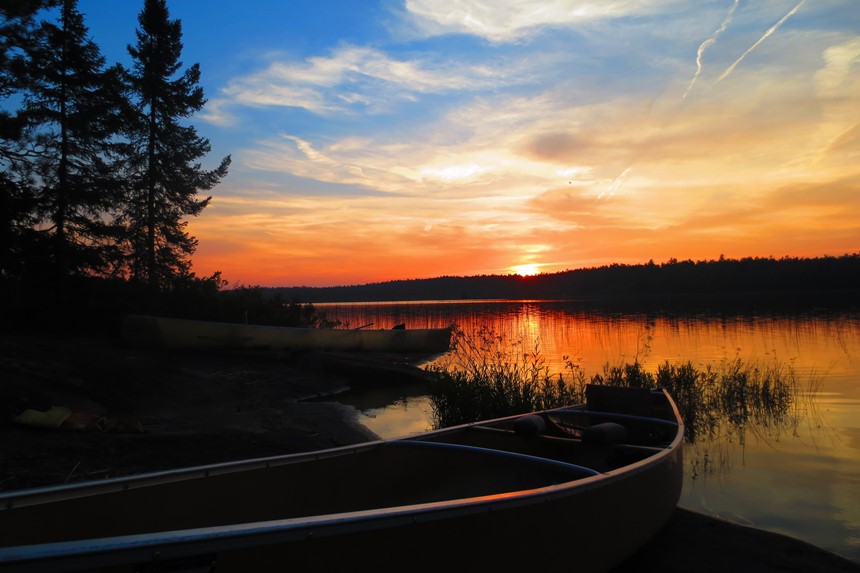
In their long-running tagline, outdoor retail giant The North Face tells its consumers to “Never Stop Exploring.” Both mantra and manifesto, “Never Stop Exploring” is representative of one of the most alluring ideas in outdoor recreation – that we can all be explorers, inheritors of a grand tradition spanning Marco Polo to Columbus to John Muir, finding the sublime though our encounters with the wilderness and our discovery of the unknown. By invoking the figure of the explorer, The North Face and companies like them are tapping into a powerful archetype, fulfilling a fantasy many outdoorspeople have (not in small part due to outdoor marketing itself) to not just read about, not just see, but truly inhabit the role of the heroic explorer in their own life.
The concept of exploration is the cornerstone of the outdoor recreation industry. A call to push limits and blaze new trails (or climbing routes), couched in the language of exploration, has become pervasive. For many people, being an explorer has become the primary way in which they describe their relationships to land and the natural environment. On the surface, this approach to the outdoors seems harmless at worst and empowering at best. Exploration is seen as a path to growth, a way to build your collection of experiences, and to open fresh pathways for the next generation of outdoor recreators.
However, the idea of exploration, of unending exploration, of exploration as a goal unto itself, demands ever expanding frontiers to confront and perpetually re-created wildernesses to uncover. The rhetoric of exploration, the story we tell ourselves about being explorers, is tied to an artificial abundance, a paper wilderness. In reality, far from a world of abundance in which our relationship to the natural world is defined by reciprocity, respect, and sustainability, exploration expresses our relationship to the environment through a paradigm of scarcity, defined by consumption.
'However, the idea of exploration, of unending exploration, of exploration as a goal unto itself, demands ever expanding frontiers to confront and perpetually re-created wildernesses to uncover. The rhetoric of exploration, the story we tell ourselves about being explorers, is tied to an artificial abundance, a paper wilderness.'
What do I mean by this?
European exploration—the mythologised exploration from which our modern narratives are drawn—has always been a fiction. It was a story the Western world told itself to justify exerting power over the places it explored. The reality was that these places had been home to complex and deeply understood communities of humans and non-humans time immemorial. What was perceived by Europeans as a unidirectional experience was actually a relationship. It was often violent and dysfunctional, occasionally productive or mutually beneficial, but never simply an active explorer consuming a passive wilderness.
The language of exploration and discovery was one of the many ways that European nations sanitised the complexities and challenging ethics of these encounters, paving the way for colonisation, extraction, and the generation of wealth. The abundance of resources and the abundance of land claimed through exploration was stripped from the bodies of colonised peoples. Exploration ideology came out of a moment of colonialism, was in fact fashioned as a tool of it. Even today’s less violent iterations, like paddling a canoe through the calm waters of a lake in the BWCA, cannot be divorced from that context.
'The language of exploration and discovery was one of the many ways that European nations sanitised the complexities and challenging ethics of these encounters, paving the way for colonisation, extraction, and the generation of wealth.'
Image courtesy of Joe Pohle, Unsplash
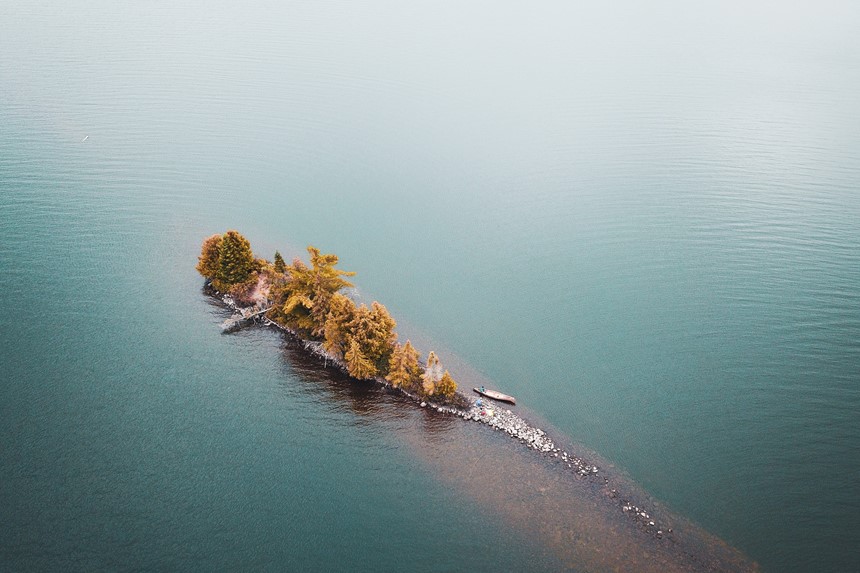
The words we so often use to describe our activities in the outdoors—explore, discover, conquer, even adventure—are 20th and 21st century redeployments of this fundamentally colonial ideology. We follow trails long laid out through wilderness areas and national parks forcibly emptied of Indigenous communities, all vetted on Instagram before we embark. And, because we call it exploration, we want to believe we are the first. We don’t question how a trail became a trail, how a wilderness became a wilderness. Rather than forge a different kind of a relationship, we reenact a five-hundred-year-old approach to travel, reinforcing a consumptive relationship with the environment that is designed to maintain colonial structures.
But wait, you say—when we use the words “discover” or “explore”, we don’t actually think we are uncovering new land or producing new knowledge. What I explore is only new to me. To say I discover is simply another way to say I learn. It is, in the words of Sir Edmund Hilary, not the mountain I conquer, but myself. To this I say, yes, of course! Learn! Grow! Expand your mind! But think also about the words that you use.
The words we use shape the way we think and the way we think shapes the way we act, the way we legislate, and the way we relate to the environments around us. Research in cognitive science and linguistics has shown that the languages we speak and the work choices we make shape our experience of the world. In situations as diverse as cancer recovery, views on immigration, and experiencing the passage of time, metaphors have been shown to not just reflect what we already think, but actually act to construct and organise our beliefs.
'In situations as diverse as cancer recovery, views on immigration, and experiencing the passage of time, metaphors have been shown to not just reflect what we already think, but actually act to construct and organise our beliefs.'
Image courtesy of Josh Hild, Unsplash
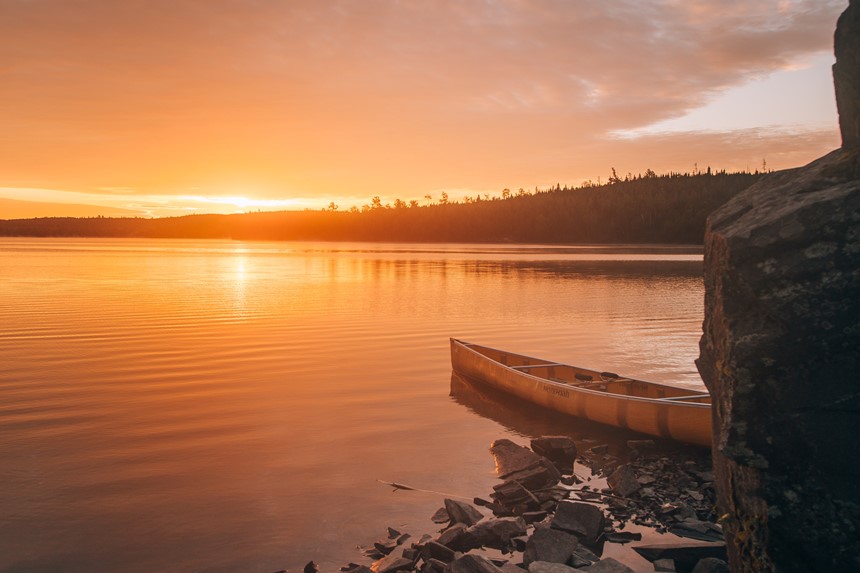
The language of exploration is laden with historical and cultural baggage, deeply mythologised through literature, art, and film. This barrage of media representation, picked up and expanded by outdoor recreation marketers, has primed outdoor recreators to collectively conceive of exploration in a specific way—usually white, usually masculine, usually able bodied. Even contemporary representations that seek to subvert these tropes generally fail to challenge the central idea of exploration as an active and entitled incursion into a passive natural world.
This understanding of exploration is always consumptive, always one-way, always finite. In the great ages of exploration we evoke with this metaphor, the places (and people) that were explored were only new to the explorer. When you discover a place like Yosemite National Park, it is new to you in the same way as it was new to the first European explorer to visit – in other words, not new at all, but already intimately known by generations of people (not to mention plants and animals).
To use the metaphor of exploration in our interactions with the environment is also to embrace, consciously or subconsciously, the explorer ideology with all of its colonial implications, creating the cultural conditions necessary for ongoing colonisation of land and continued attacks on Indigenous sovereignty.
A recent controversy within the U.S. climbing community illustrates this process in action. In the spring of 2021, a climber near Moab, Utah developed a new climbing route in an area on public lands, putting up bolts through what he assumed was graffiti on the cliffside. When the graffiti was recognised as 1000-year-old Indigenous petroglyphs by a subsequent climber, the act caused an uproar. The bolts were removed and the original climber apologised for his mistake, but the damage was done.
Image courtesy of Ken Cheung, Unsplash
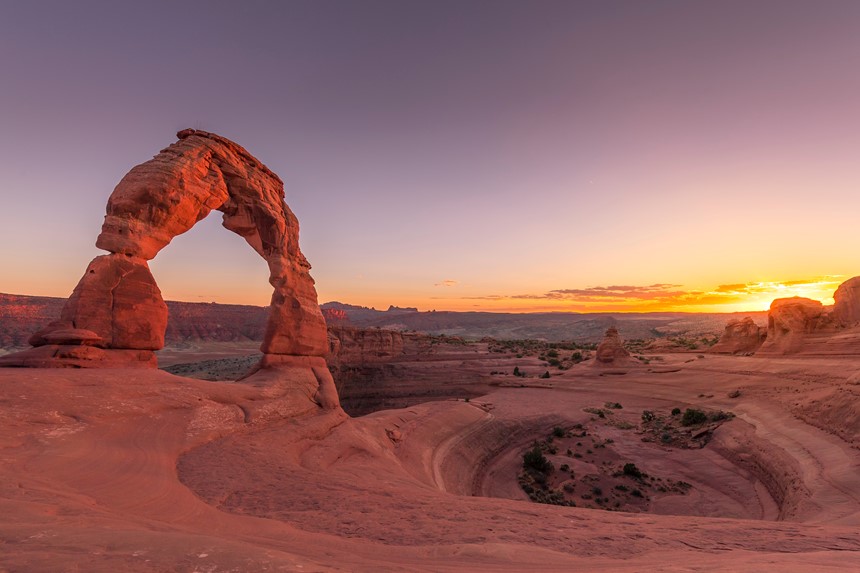
Media covered this incident in terms of a lack of education and the need for greater accountability in the climbing community. While this is true, it is as much the result of an explorer mentality within the community as anything else. First, this story shows the “firsting” impulse of exploration, the drive and prestige associated with being the first to explore and develop new routes. Second, the climber’s assumption that the petroglyphs were actually graffiti speaks to the hubris of exploration. Rather than learn about the area, the climber acted on assumptions that didn’t take into account Indigenous presence or history. And finally, the climber, and the climbing community in general, feel a level of ownership over public lands that allow them to alter it. Even bolts on routes without petroglyphs or other protected Indigenous cultural artefacts are still on land many Indigenous people consider to be illegally occupied by colonisers. Climbing without fundamentally challenging the explorer mindset will inevitably lead both to more “mistakes” like the bolting incident as well as the maintenance of land systems that prioritise colonial uses over Indigenous sovereignty.
Being intentional about word choice and understanding the ideologies embedded in the language we use is an integral part of shaping the world into the place we want it to be.
'Climbing without fundamentally challenging the explorer mindset will inevitably lead both to more “mistakes” like the bolting incident as well as the maintenance of land systems that prioritise colonial uses over Indigenous sovereignty.'
If we decide we want to decentre a narrative of exploration in our encounters with the natural world, what is the alternative? How would our approach to outdoor recreation have to change if we seriously accepted the ideas that all people are inherently valuable and non-exploitable and the natural world is not a commodity to be consumed but a partner to us, one we should respect and to which we should give as much as we take?
At our healthiest, we are integral members of our ecosystems. Indigenous people and cultures around the world show that a balanced, reciprocal approach is possible and that the environment thrives with people as part of the equation. The problem isn’t anything inherent to people or to our presence in outdoor spaces, it is the systems we have designed and live within – ongoing colonialism among them - and the brokenness of our relationships with each other and with nonhumans these systems require. But these systems are not inevitable. We have the power to choose balance and rebuild the right relations with the environment.
And it is the language of relationship that provides an alternative. Nishnaabeg poet and scholar Leanne Betasamosake Simpson describes “an ecology of relationships in the absence of coercion, hierarchy, or authoritarian power … relationships based on deep reciprocity, respect, noninterference, self-determination, and freedom.” This is a way of relating the environment that runs counter to the inherently objectifying ethos of exploration. It demands balance and a radical reinterpretation of the lands we traverse, the plants and animals we see, and the people we meet as active members of the encounter, entities with histories, goals, and agency apart from ourselves.
We know what we get out of a hike through the mountains or a walk in the woods, but what do we bring? What does it mean to have a relationship with a space? What would it take for a river to have self-determination? How do we move from striving for an expanding frontier to seeking a deeper understanding?
I think as a non-Indigenous person, it is important to spend time sitting with these questions as a way to reexamine deeply held beliefs about our place in nature. But even more important is listening to the myriad of Indigenous outdoor activists working on reimagining what a decolonial approach to outdoor recreation looks like. I want to take this opportunity to highlight a few of them.
'As a non-Indigenous person, it is important to spend time sitting with these questions as a way to reexamine deeply held beliefs about our place in nature. But even more important is listening to the myriad of Indigenous outdoor activists working on reimagining what a decolonial approach to outdoor recreation looks like.'
Nüümü activist Jolie Verala of Indigenous Women Hike, for example, has emerged as a leader in the Indigenous outdoor-recreation movement, challenging the explorer paradigm within the community and pushing back against the resource-centric rhetoric of the outdoor industry in order to reclaim outdoor recreation as a way to rebuild and strengthen the relationship to her homelands. She explicitly addresses the importance of language and ways to improve.
Image courtesy of Indigenous Women Hike
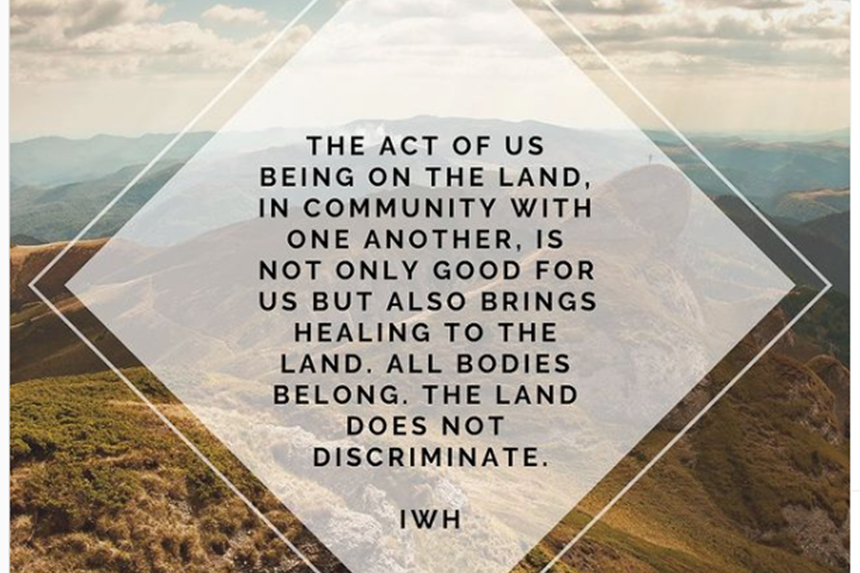
Another good place to start is with the Indigenous Field Guide. This Indigenous-led-and-founded organisation provides a pledge with concrete ways to approach outdoor recreation in a more ethical and decolonial way.
Importantly, focus locally. If you live in, recreate on, or plan to visit an area, invest time into learning about the Indigenous history and relationships of the place in addition to merely the logistics of a trip. What are the local needs? Are there specific responsibilities for you as a visitor? How can you engage that space reciprocatively? You don’t have to reinvent the wheel. Find those already doing the work to reinterpret recreation and listen to what they have to say.
Image courtesy of Indigenous Field Guide

I have been to the Boundary Waters many times since my first experience there, and I plan to go back again. But when I go now, I no longer play the part of the explorer. I see myself as one strand in a complex web of relationships—past, present, and future—that make up that space. I acknowledge Cree, Dakota, and Ojibwe relationships to the space and advocate for the restoration of these relationships through upholding treaty rights and land repatriation. I think of Leave No Trace policies and the like less as sustainable methods of travel and more as recognising my part to play in a reciprocal relationship. And I understand that a relationship demands that I am always learning and reevaluating my behaviour and, when needed, putting the needs of the land ahead of my own recreation.
When we hike, when we climb, when we paddle, when we cycle, when we take and post pictures, whether in National Parks or in urban spaces, we need to stop working through the language of exploring. Language is part of the struggle, part of defining who we are and what we do, so let’s be intentional. Let’s stop exploring and learn to fight for a more abundant future


